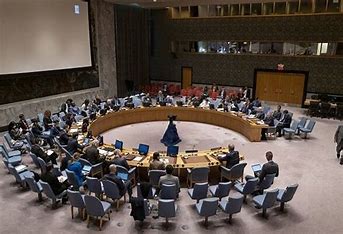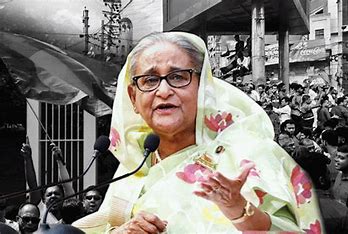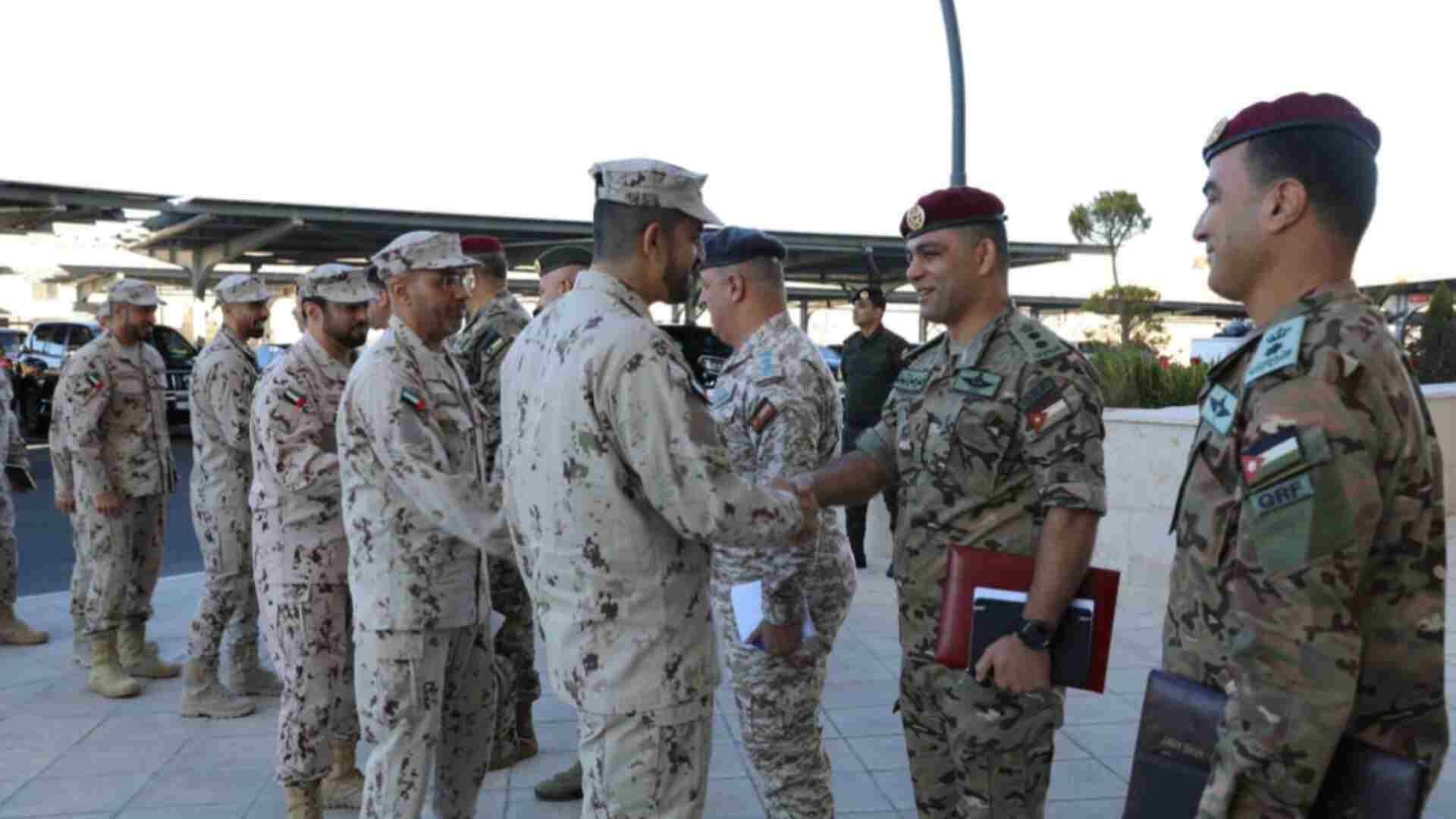
Jerusalem, December 9: The Syrian civil war reached a new phase on Sunday as rebel forces, led by Hayat Tahrir al-Sham (HTS), took control of Damascus, effectively ending Bashar al-Assad’s decades-long rule. This dramatic shift in power has prompted the UN Security Council (UNSC) to schedule an emergency meeting to discuss the implications of the regime’s fall.
The rebels’ takeover began on November 27, with HTS and Syrian National Army (SNA) militias capturing major cities across Syria, including Daraa, Quneitra, Suwayda, and Homs. Finally, after years of attempting to seize the capital, the opposition forces successfully entered Damascus.
Upon the rebels’ arrival in Damascus, Bashar al-Assad fled the country, his whereabouts initially unknown. However, sources later confirmed he had boarded a plane to an undisclosed location. Following his departure, Syrian Prime Minister Mohammad Ghazi al-Jalali announced his willingness to cooperate with any leadership chosen by the people, while ensuring the smooth transition of power.
The ongoing conflict has taken a significant toll on human life. According to the Syrian Observatory for Human Rights, 910 deaths have been documented since the rebels launched their offensive, including 138 civilians, 380 Syrian troops, and 392 rebels.
World leaders have offered various responses to the fall of Assad’s regime. German Chancellor Olaf Scholz described the end of Assad’s rule as “good news” but emphasized the importance of restoring law and order. UK Prime Minister Keir Starmer also welcomed the regime’s collapse, calling for the protection of civilians and delivery of humanitarian aid.
In the United States, President-elect Donald Trump stated that the U.S. should not get involved in the Syrian conflict, while President Joe Biden referred to Assad’s downfall as a “fundamental act of justice.” Biden expressed support for Syria’s rebuilding and vowed U.S. aid in stabilizing the country.
As celebrations erupted across Syria over the fall of Assad’s regime, Russia quickly granted asylum to the ousted leader. Kremlin sources confirmed that the decision was based on “humanitarian considerations,” and Assad is now reportedly residing in Moscow.
Following the fall of Assad, Russia requested an emergency session of the UN Security Council to discuss Syria’s future. Diplomatic sources indicate that the UNSC will meet on Monday to deliberate on the situation and the next steps for Syria, which faces a potentially turbulent transition of power.














